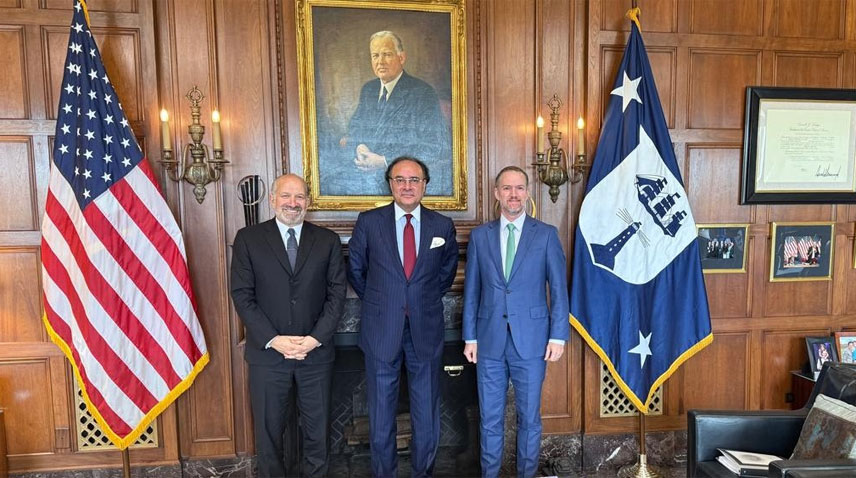Tawakkul is an Arabic word that means to trust the Almighty Allah, no matter what obstacles come our way.
This concept of trusting in our Maker and relying on Him alone in all our trying, as well as good times, can also be concluded as God-consciousness.
Case in point, the Qur’an speaks of Tawakkul as the sole attributor of success, renouncing the fact that nothing is unachievable when a person trusts his Maker on a highly subconscious level.
Example of Tawakkul in Prophet Ibrahim’s (AS) Life
Our Prophet Ibrahim (AS) led a life that was, indeed, full of trials and tribulations. Yet, his unshakable trust and faith in Allah (Tawakkul) was a force to be reckoned with.
For instance, when Nimrod, the King of Babylon, ordered Prophet Ibrahim (AS) to be burned alive, the news spread like wildfire in the whole kingdom. People came from all over to watch his execution, and a huge fire pit was dug up, loaded with a piling stack of wood.
It was, by far, the biggest fire anyone had ever witnessed, and the flames drifted up so high in the sky, even the birds changed their course in fear of burning themselves. Prophet Ibrahim’s (AS) hands and feet were tied up, and he was chained to a catapult, ready to be thrown into the flames.
However, at that moment, Angel Jibril came to the Prophet Ibrahim (As) and asked him for his final wish. In return, Prophet Ibrahim (AS) could have asked for anything - including to be taken out of the situation that very instant. However, what he said instead was truly amazing.
Prophet Ibrahim (AS) calmly replied, “Allah is sufficient for me, as He is, indeed, the best disposer of my affairs.”
Seeing his undeterred Tawakkul, the Almighty Allah (SWT) ordered the fire to be harmless and cool for the Prophet, and so he walked away from the supposedly deadly flames without a bead of sweat on his body.
It was a miracle for people who watched the event unfolding before their eyes in utter shock, exclaiming, “Ibrahim’s God has saved him from the flames!”
This is a true example of what practicing Tawakkul can do for any one of us in our lives, from removing the fear of the unknown to reminding ourselves that nothing ever happens without Allah’s will!
And Allah (SWT) does not obligate any soul more than what it can afford. It will have what (good) it has gained, and it will also bear the consequence of what (evil) it has earned. ‘The believers pray,’ “Our Lord! Do not punish us if we forget or make a mistake. Our Lord! Do not place a burden on us like the one You placed on those before us. Our Lord! Do not burden us with what we cannot bear. Pardon us, forgive us, and have mercy on us. You are our (only) Guardian. So grant us victory over the disbelieving people.” - Surah Al-Baqarah (2:286)
Learning Tawakkul From Our Prophet Ibrahim (AS)

Enter Search keyword here
















